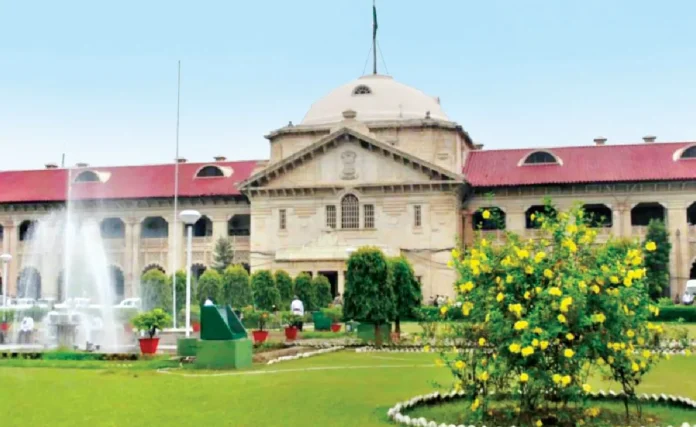The Allahabad High Court has ruled that glorifying caste is against the spirit of the Constitution and can even be seen as anti-national. Justice Vinod Diwakar, while giving the decision, said that real patriotism comes from respecting the Constitution and its values, not from boasting about caste or family background.
The Court noted that in Uttar Pradesh, caste is unnecessarily written in many official records like FIRs, police memos, arrest papers and other documents. It said this practice is harmful, outdated, and no longer needed because modern tools like Aadhaar and biometric identification make caste details irrelevant for verification.
The Court has asked the state government to remove caste columns from all such records and documents. It also ordered that the mother’s name should be included along with the father’s or husband’s name for identification purposes. Another major direction was to amend traffic rules so that caste-based slogans or titles cannot be displayed on vehicles, whether private or public.
Similarly, signboards in villages, towns or colonies that show a place as belonging to a particular caste must be taken down. The Court also highlighted the issue of caste glorification on social media and ordered stricter action under the IT Rules, 2021 to monitor and stop such content online.
In its observations, the Court quoted Dr B.R. Ambedkar, stressing that caste has always been a cause of division, jealousy and rivalry in society. The judgment made it clear that glorifying caste keeps old feudal hierarchies alive and weakens the constitutional principles of equality, unity and secularism. While giving these directions, the Court also said that legal orders alone cannot end caste bias. What is equally important is spreading awareness, educating people and encouraging social reforms through media and public participation.
This decision could bring major changes in how official systems function and how caste identity is displayed in public life. At the same time, it may face challenges during implementation because caste remains deeply rooted in society. Still, the ruling sends a strong message that equality should not just remain in the Constitution but must be visible in everyday governance and public behaviour.


